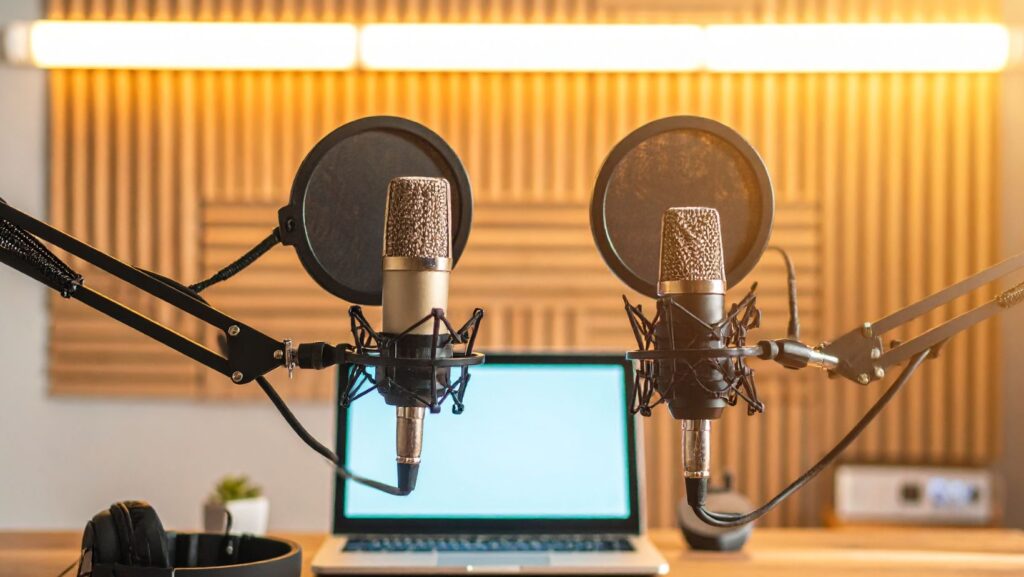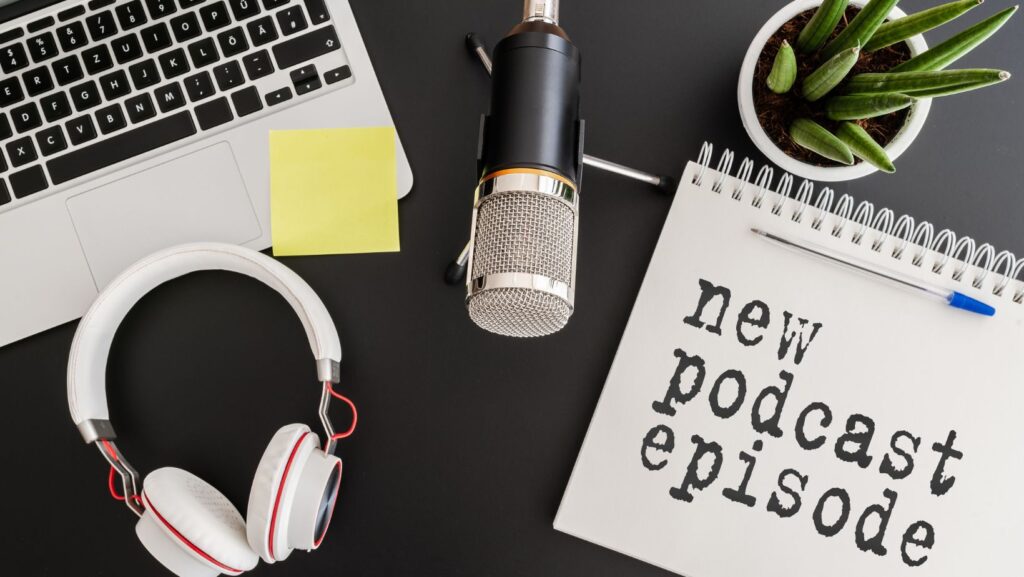Audio has subtly become one of the most potent 21st-century media in the current internet environment, as sites like Spinando and other media channels command attention. Once a specialized medium preferred by early adopters and tech aficionados, podcasting has expanded into a global media conglomerate. Podcasts are changing how we connect with creators and consume information. They influence our buying decisions too. From casual storytelling to investigative journalism and branded content, podcasts offer a range of styles.
The Podcast’s Ascent
The popularity of portable MP3 players and RSS feeds in the early 2000s led to the emergence of podcasts. Initially, they offered a decentralized way for users to create and share audio episodes. These episodes often centered on specific topics or interests. Growth was slow for years. Radio and television still dominated the format. Podcasts became popular when cellphones, faster internet, and streaming services grew.
In several nations now, over 50% of internet users frequently listen to podcasts. What started as a small experiment is now popular. It’s making a big impact and can compete with regular TV channels.
The Reasons Audio Works
The closeness of podcasting is what gives it its potency. You can listen to audio while multitasking—like during chores, workouts, or commutes. Film needs your full attention, so it’s different. Listeners find it easier to fit podcasts into their daily lives. This adaptability helps them create strong habits that are hard to break.
The interpersonal relationship is equally significant. Podcasts are frequently compared by listeners to discussions with a close friend. Words or images can’t always match the closeness of a human voice. Hearing it through headphones feels more genuine.
A Forum for All Voices
Accessibility is among the most innovative aspects of podcasting. A show can be made by anyone with a microphone and an internet connection. Niche communities, independent innovators, and underrepresented voices can thrive thanks to media democratization. Podcasts are cheap and easy to share. This is different from TV or movies, which have high entry barriers.
Content ranging from humor to politics, health to business, fiction to education has proliferated as a result. There is probably a podcast devoted to your interest.
The Podcasting Industry
Podcasting’s business side has also changed quickly. Podcasts draw devoted and highly engaged audiences, which appeals to advertisers. Branded episodes, host-read ads, and sponsorships are now major income sources. Many podcasters use ads and subscriptions. They turn side projects into full-time jobs.
Major players have noticed. Big tech companies like Apple, Amazon, and Spotify have invested billions. They focus on production facilities, exclusive contracts, and advanced recommendation systems. Podcasting is becoming a key part of digital media, not just a trend.
Cultural Influence
Podcasting is influencing culture in addition to providing entertainment and business. Investigative podcasts spark national debates, revive cold cases, and influence policy changes. Narrative formats bring life back to old oral traditions. Meanwhile, educational podcasts share scholarly knowledge with listeners everywhere.

Communities are also fostered by podcasts. Listeners often connect with producers on social media. They also attend live events and form fan groups. This exchange boosts loyalty and creates a cultural presence that goes beyond just the events.
Audio’s Future
Podcasting is predicted to expand even more as technology develops. AI advancements could allow real-time translation of content. They may also enable customized episodes, making it easier for audiences worldwide to access. Podcasts are already being smoothly incorporated into daily life via voice assistants and smart speakers.
The line between audio and visual information is getting blurrier. This change is driven by video-podcasting hybrids. Nowadays, a lot of creators film their shows for websites like YouTube, providing viewers with both choices. This flexibility ensures podcasting stays relevant, even as media trends change.
An Enduring Media Empire
The richness and scope of podcasting are what give it its power. It offers options to audiences, lets creators be free, and gives companies new ways to communicate. Podcasting has shown its strength by becoming part of daily life and cultural talks. This sets it apart from short-lived social media trends.
Podcasting started small, but now it’s a huge media empire. It relies on the simple, timeless power of the human voice, not images.


